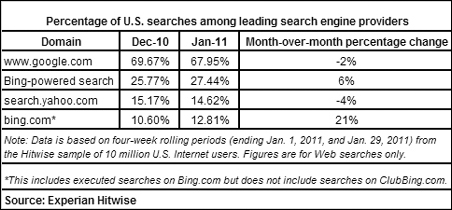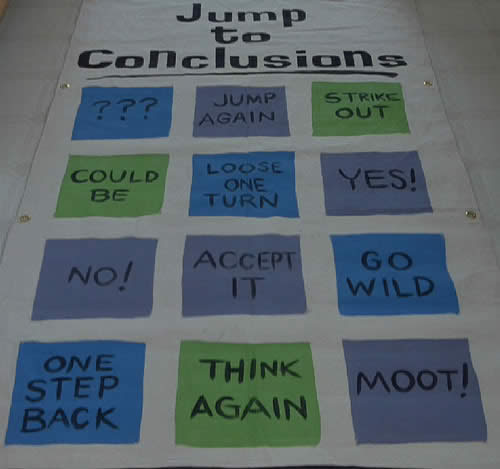As Google’s march towards becoming the big brother who knows what’s best for their users, even if their users disagree, continues unabated, are we witnessing the company undo all the goodwill it built up over the years? Findings seem to suggest that trend, and when the company responds to why they did things like get rid of Google Reader, despite the outcry against the move, the words from Google’s representatives have a sense of aloofness, as if the will of their users doesn’t matter, and things will be just fine if we just follow their lead and use Google+.
With that in mind, Google has done something else that comes across as odd, and perhaps unwarranted, by adding the streaming music site Grooveshark to its search engine autosuggest blacklist, the same fate reserved for such sites like The Pirate Bay and Torrent Reactor.

The question is why? It certainly wasn’t because of DMCA takedown requests, something we already know is a hit-and-miss game to begin with. TorrentFreak’s report indicates as much:
The addition of Grooveshark is noteworthy because Google has received relatively few DMCA takedown requests for the Grooveshark domain. Google explained earlier that these requests are one of the factors used to determine whether a search phrase should be filtered or not.
Does that mean Grooveshark has been the victim of a massive takedown request push? Not at all. As the article points out, Grooveshark is, in fact, low on the list of DMCA complaints in relation to Google’s search results:
Total Requests: 263
Median Requests per Week: 5
URLs Requested to be Removed: 2,447
% Indexed URLs < 0.1% Median URLs per Week: 11 Most Recent Request: Jul 22, 2013 First Available Request: Feb 28, 2012
If Grooveshark is low by the standards set by other sites, why were they removed from the autosuggest feature? For comparison’s sake, Torrent Freak points out that torrent tracker site, BTloft, gets a lot more takedown requests than Grooveshark–190 median requests per week, as opposed to 5–and yet, it is still part of Google’s search suggestion:

Granted, there are some grey areas surrounding Grooveshark’s business model. They have been successful getting streaming rights from independent artists, but not so much with the mainstream labels. This, of course, stands to reason when you consider how the music industry does business with the Internet, but it is clear the owners behind the site have at least tried to get permission. That, apparently, isn’t good enough for Google, and so, Grooveshark is no longer included in the autosuggest feature when you start typing similarly spelled words, and it appears as if Google won’t be giving us a legitimate reason why, either.






